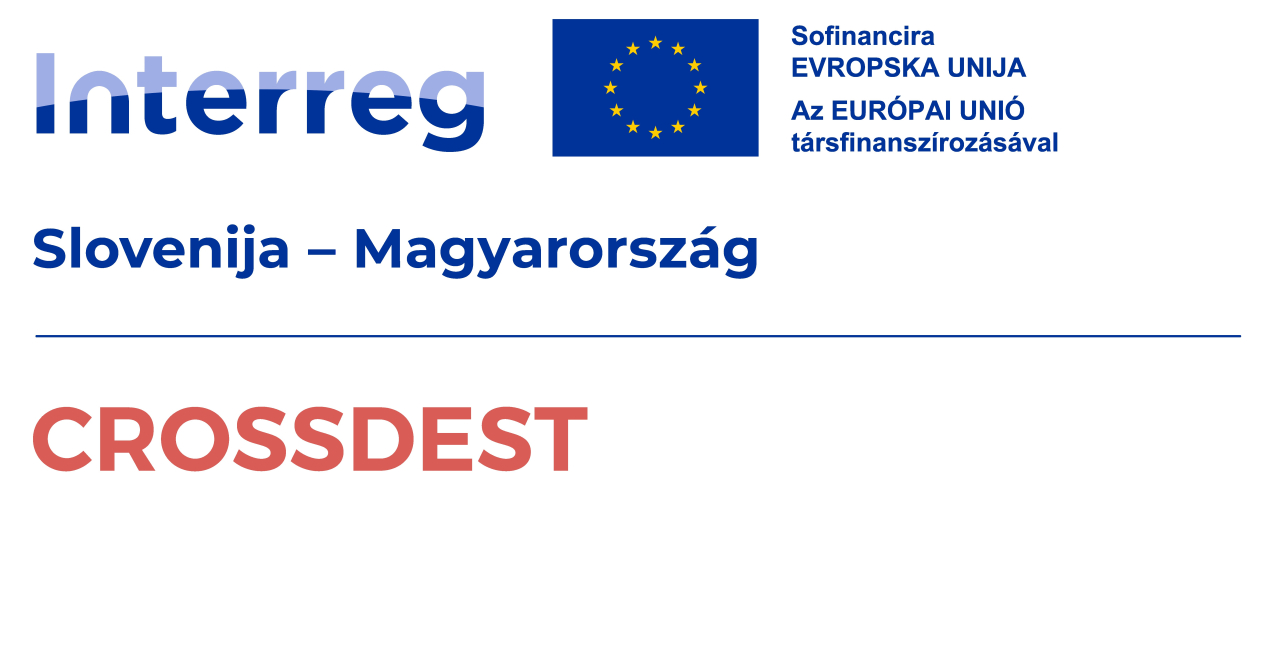

Sustainable Tourism by 2030 – How Can We Achieve the Goals Together?
Tourism is often considered the world's "happiness industry" – experiences, relaxation, discovering new places. But as planes fill up and hotels report record bookings, the downsides of mass tourism are becoming increasingly evident in many parts of the world: overburdened ecosystems, displacement of local communities, and the rapid depletion of natural resources.
These challenges are highlighted in a recent study published in the Journal of Sustainable Tourism, where Alexandra Lavaredas, Filipa Campos, Giovana Goretti Feijó Almeida, Francisco Dias, and Paulo Almeida analysed over 6,200 scientific articles on sustainable tourism.
Their findings reveal that since 2015, only 2.6% of studies in the field explicitly reference the UN's Sustainable Development Goals (SDGs). This figure clearly shows that while the importance of sustainability is becoming more apparent, the alignment between academic discourse and global goals is still in its infancy.
This is not just a scientific gap – it’s also a warning. If the industry, researchers, and travellers fail to align their efforts with global sustainability goals, tourism risks remaining part of the problem rather than the solution. The good news, however, is that the goals are clear, the methods are accessible, and every stakeholder – from governments to accommodation providers to travellers – can contribute to making tourism a true driver of sustainable development by 2030.
Where’s the Focus – and What’s Missing?
Most scientific work focuses on SDG 12, which emphasises responsible consumption and production – such as waste reduction, resource efficiency, and prioritising local products. This is followed by SDG 8, which focuses on creating decent jobs and promoting economic growth, and SDG 17, which highlights the importance of partnerships. However, goals like SDG 13 (climate action) or SDG 14 (life below water) receive far less attention, despite the critical importance of climate change impacts and ocean health for the future of tourism.

The Balance of Three Pillars
Sustainable tourism is built on three closely interconnected pillars: the economic, social, and environmental dimensions.
Economically, tourism must generate stable revenue that stays local, strengthens local businesses, and creates fair job opportunities for community members.
Socially, tourism should preserve and enhance local cultural identity, foster community cohesion, and improve the quality of life for residents.
Environmentally, it is essential that tourism activities protect natural resources, reduce pollution, and maintain healthy ecosystems. When these three pillars are in balance, tourism can develop sustainably in the long term, providing visitors with authentic, value-driven experiences.

What Can Travellers Do?
Travellers can make a significant impact by consciously choosing local providers, thereby reducing the ecological footprint of supply chains and directly supporting communities. Avoiding overcrowded destinations helps relieve pressure on sensitive ecosystems, while prioritising sustainable accommodations encourages energy-efficient, water-saving, and waste-reducing practices. Additionally, opting for green transport options – such as trains, buses, bicycles, or public transport – also contributes to reducing environmental impact.

Tourism has a direct impact on achieving many SDGs – from job creation to preserving cultural heritage to mitigating climate change. In the coming years, the industry’s stakeholders will play a key role in ensuring that tourism becomes a driver of sustainable development rather than a barrier to it.
Sustainability is not an abstract goal but the sum of our everyday decisions. Every booking, every choice of destination, every euro or pound spent on local products can contribute to a better future. If tourism stakeholders – travellers, providers, and policymakers – act together in line with the 2030 goals, tourism can become not just a source of enjoyment but one of the most important guardians of our planet and communities’ future.
Lavaredas, A., Campos, F., Almeida, G.G.F. et al. Sustainable development goals in tourism research. Discov Sustain 6, 759 (2025). https://doi.org/10.1007/s43621-025-01587-x. LINK
More News
All-
3 Mins

Read -
7 Mins

Read -
7 Mins
Read -
5 Mins
Read -
6 Mins

Read -
6 Mins

Read -
3 Mins

Read -
3 Mins

Read -
10 Mins

Read -
5 Mins

Read -
6 Mins

Read -
4 Mins

Read -
5 Mins
Read -
6 Mins
Read -
7 Mins

Read -
5 Mins

Read -
4 Mins
Read -
4 Mins

Read -
4 Mins

Read -
4 Mins

Read -
6 Mins

Read -
3 Mins

Read -
1 Mins

Read -
2 Mins
Read -
2 Mins

Read -
3 Mins

Read -
3 Mins

Read


